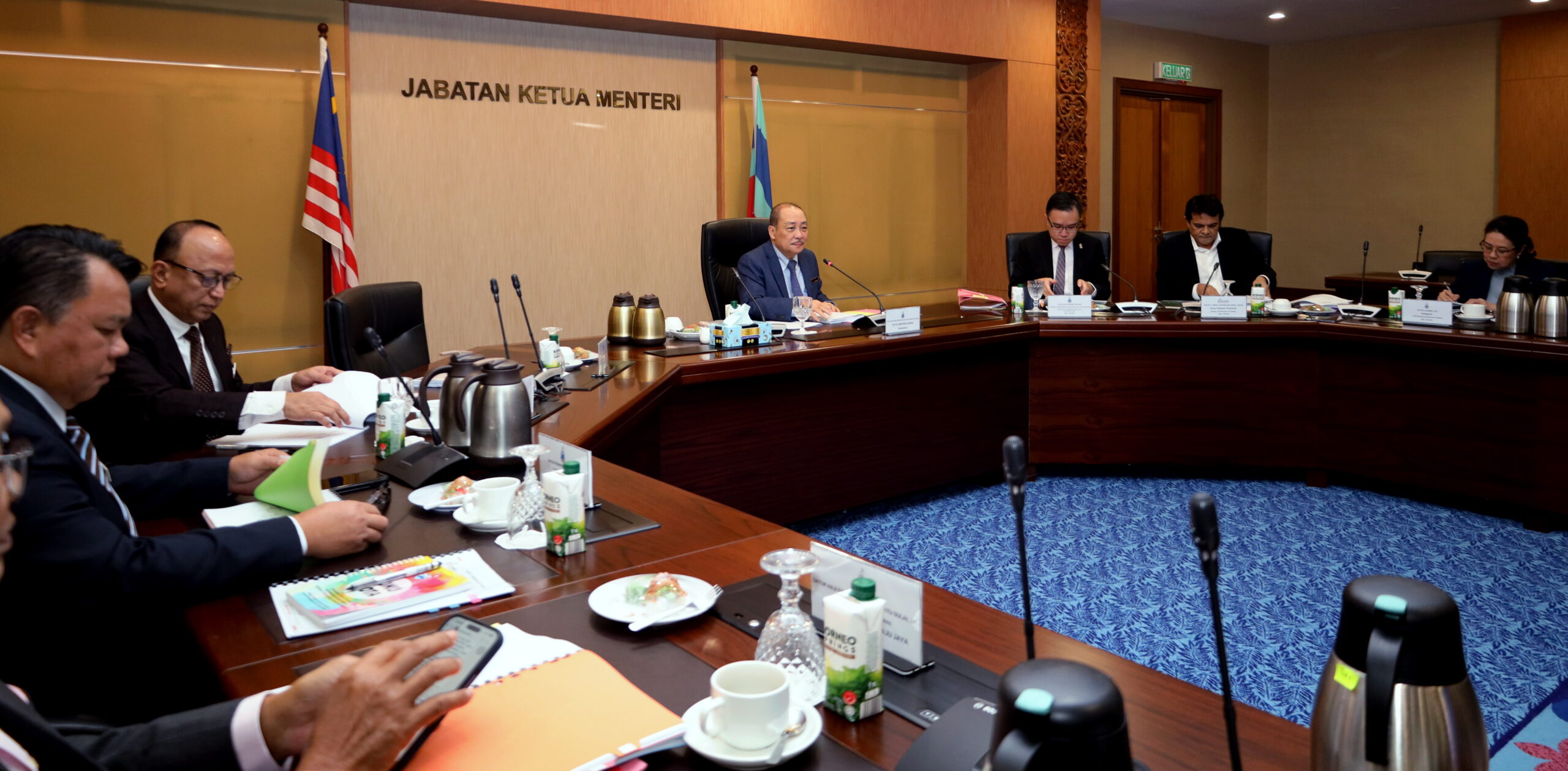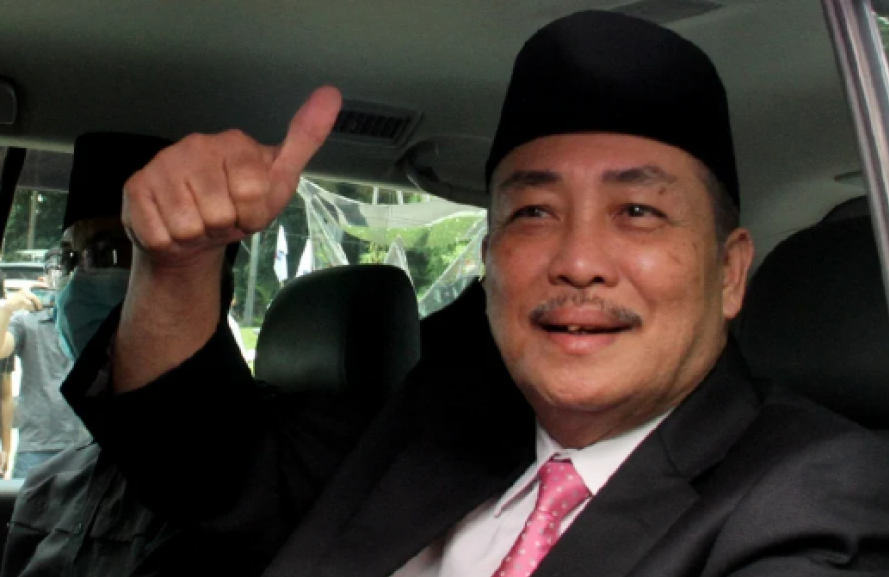Sabah Strengthened Energy and Electricity Power Supply
Supply of electrical power in Sabah has improved significantly after Sabah assumed regulatory control and management of electricity supply and renewable energy from the Federal Government in 2024. The transfer of energy and electricity control was part of the 1963 Malaysia Agreement (MA63) for Sabah and Sarawak. Sabah’s power generation reserve margin rose from 10 per cent in January 2023 to 17 per cent presently, and it is expected to further increase to 30 per cent by the end of 2025.
Sabah’s fast-track projects which begun in 2024, have reduced the state’s System Average Interruption Duration Index (SAIDI), from 363 minutes in the first six months of 2023 to 215 minutes in the first six months of 2024, and to 162 minutes in the first six months of 2025. Sabah launched its Energy Roadmap and Master Plan 2040 (SE-RAMP 2040) in September 2023 to manage the state’s energy programs. The Energy Commission of Sabah (ECoS) formulated the SE-RAMP 2040. ECoS has continued the purchase of power from biomass plants; speeded the completion of ongoing Large-Scale Solar (LSS) projects; secured additional LSS from Sarawak; implemented Battery Energy Storage Systems (BESS); secured additional natural gas-fired power plants as transitional fuel; and revived geothermal plants. In addition, ECoS has explored new technologies such as Small Modular Reactors (SMRs) as part of long-term plans for a reliable and sustainable energy reserves.

ECos established the Sabah Energy Council (Majlis Tenaga Sabah or MTS) in March 2024 to monitor the efficacy of the SE-RAMP 2040 strategies and initiatives. After its establishment, MTS began exploring new energy sources such as wind, geothermal and low-head submersible hydropower projects to achieve a 30 per cent reserve margin and to address power shortage. With vastly improving energy and supply logistics. Sabah’s capacity shortage and grid stability have steadily improved. With the improved trend, the State Government had secured several high-impact investments from foreign investors including the copper coil manufacturing; solar glass manufacturing; coconut integrated processing and milling; and green steel production.
Chief Minister Datuk Seri Panglima Haji Hajiji Haji Noor chaired another MTS meeting on 22 July 2025 at Menara Kinabalu during which MTS approved several additional energy projects with a total capacity of 723MW to cater for the state's medium-term electricity demand including approvals for gas-fired power plants in Kimanis and Tawau (total capacity of 360 MW) and renewable energy projects ( hydro and wind energy sources producing a total 363 MW capacity). Hajiji emphasised that MTS’ commitment is sourcing, managing and suppling of energy and electricity in a balanced and prudent manner and at reasonable energy costs for the industrial sector and consumers. Sabah is looking forward to bigger roles of key State’s Government-linked companies (GLCs) in the state’s energy industry and initiatives, Hajiji added.




